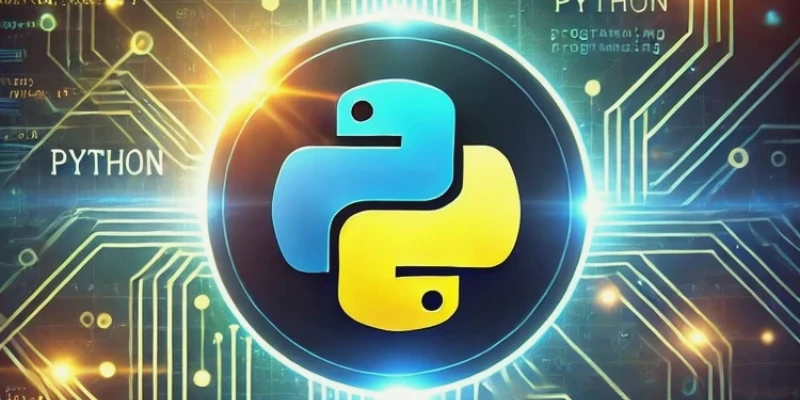In mobile app testing, one of the biggest challenges is ensuring that the application behaves consistently across devices, platforms, and user environments. As apps become increasingly reliant on REST APIs for dynamic content and personalized interactions, the need to validate these API responses with more intelligence is growing. Natural Language Processing (NLP) tools like NLTK and spaCy are now being used to extend traditional testing workflows. These libraries help test engineers extract meaning from textual data, evaluate user-facing content, and verify that API-driven responses make contextual sense. Professionals interested in expanding their automation skills often attend Python Classes in Pune, where they gain a foundation in using NLP libraries like NLTK and spaCy for testing real-world data workflows.
Why Use NLP for REST API Testing?
Most mobile apps interact with servers through REST APIs, exchanging data in JSON or similar formats. While functional testing typically checks for keys and values, NLP makes it possible to analyze the actual content delivered to users. For instance, apps that feature chatbots, recommendation messages, or status updates often rely on dynamically generated text. NLP tools allow testers to tokenize, parse, and semantically evaluate these responses, ensuring they are not only delivered correctly but also linguistically accurate and user-appropriate.
Whether it’s detecting tone, validating keywords, or confirming named entities in API responses, NLTK and spaCy offer capabilities that make this possible. These libraries go beyond surface-level checks by applying computational linguistics, enabling mobile test teams to verify that backend data produces meaningful, coherent content. Many automation testers enhance their skills in NLP and data validation after completing a Python training in Kanchipuram, where structured modules guide them through real-world applications of NLTK and spaCy.
Real-Device Testing and Language Validation
Testing mobile applications on real devices brings unique challenges. Variability in hardware, OS versions, and network environments can influence how APIs perform and how their textual outputs appear in the app. Incorporating NLP into real-device testing workflows ensures that testers can evaluate not just whether content is loading, but whether that content is linguistically accurate and appropriate for the context.
For example, when testing geo-personalized greetings, updates, or content recommendations, NLP can be used to analyze the structure and semantics of the response messages. This level of inspection is especially useful when apps serve users in multiple languages or regional dialects. Testers can use spaCy’s named entity recognition or NLTK’s sentence tokenizers to break down responses and ensure proper formatting, grammar, and intent. Testers working on mobile validation scenarios often turn to a Python training in Dindigul to build practical experience using NLP tools for analyzing API responses and user-facing content.
Cross-Platform API Behavior and NLP-Aware Testing
Mobile applications often behave differently across operating systems, especially when handling user data or rendering text-based content. These subtle differences make cross-platform testing essential, and when APIs are involved, textual validation becomes even more critical. By using NLP, testers can compare and analyze API responses from different environments, checking for consistency in meaning and structure.
This is particularly important when validating features that adapt based on user behavior, preferences, or regional settings. The phrasing or tone of messages may vary slightly depending on platform-specific implementations. NLP tools allow testers to detect these variations and ensure that content remains appropriate and accurate across all devices. This form of intelligent validation helps maintain consistency and improves the overall user experience in multi-platform mobile apps. Understanding why Python is a good programming language becomes crucial here, as its rich NLP libraries and cross-platform compatibility make it ideal for such advanced testing workflows.
The future of mobile app testing is moving toward intelligent, language-aware validation. With the increasing complexity of REST APIs and the demand for dynamic, meaningful user communication, traditional testing approaches are no longer enough. NLTK and spaCy offer powerful ways to understand and evaluate text data, making them indispensable in verifying mobile app functionality at a deeper level. If you’re planning to strengthen your mobile app testing capabilities, enrolling in a Python training in Tirunelveli is a valuable step toward mastering NLP integration in automated workflows.
Also Check: Why is Python So Popular

